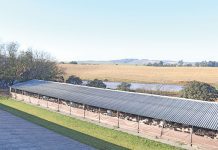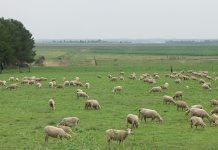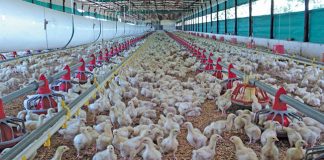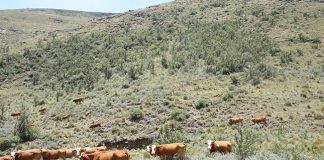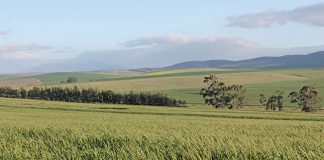Over the past few issues, we’ve dealt with cash flow and how to set it out. This week, we find out how to arrive at the totals you need. The table on this page is a typical sugarcane farm cash flow. Note the August start. That’s the first month the new owner started operation on his farm. Bear in mind there are only rand values (no cents) in a cash flow. Let’s look at some of the sections:
Income
Some months will have no income, as the sugarcane mills close for production. To work out the Total Income figure for the month, we add together the Balance Brought Forward with the sugarcane sales for that month. Remember: for monthly figures, work from top to bottom of the column, whereas for yearly (annual) figures, work across the rows, from left to right. To find Total Annual Income, add across from Aug Sugar Cane Sales on the left to July Sugar Cane Sales on the right. Don’t add up the Total Income figures as these include your Balance Brought Forward and wouldn’t show the correct income for that month.
Expenditure
To reach the Total Expenditure figure, add the figures down the column, starting with “Insurances General” and ending with “Chemicals”. To work out your total expenditure for the year, add across the Total Expenditure row. There’s no Balance Brought Forward included in this total.Balance and Balance Brought ForwardCalculate the Balance in the last row by taking the Total Income in a month and subtracting the Total Expenditure.
The result is written into the Balance row at the bottom of the cash flow and also into the top block of the next month.Use a calculator to avoid mistakes. Almost every cellphone has one. This cash flow can also show how much profit will be generated for the year by subtracting Total Annual Expenditure from Total Annual Income (across the rows). But profit isn’t for spending, as you have to pay tax on this.
There are various legal ways of paying less tax, so a good bookkeeper can advise you on this. Susan Pletts runs Wanyuka Consultants in KwaZulu-Natal, which provides various services, including farming training and mentorship for emerging farmers in KZN.

